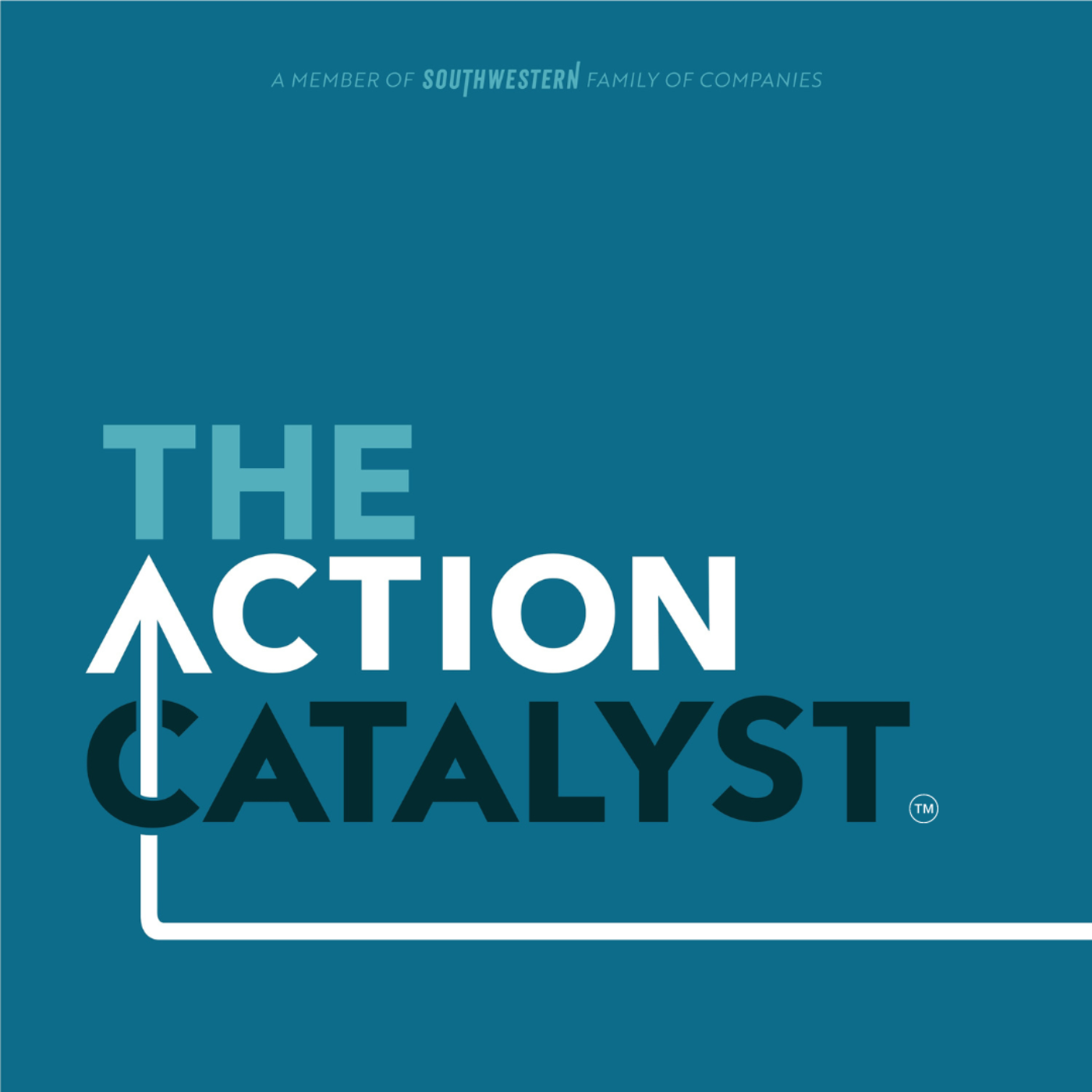
The Action Catalyst
Ultralearning, with Scott H. Young (Science, Education, Learning, Self-Improvement)
07 Aug 2019
Scott H. Young rose to autodidact stardom when he learned MIT’s 4-year computer science curriculum in less than 12 months. Next, he taught himself four new languages in a year. Such extreme self-improvement projects may seem outside the realm of most of our capabilities, but Young believes that the principles and methods that he and other ultralearners employ are essential tools for anyone who wants a competitive edge in the fast-changing, aggressive workplace. In ULTRALEARNING: Master Hard Skills, Outsmart the Competition, and Accelerate Your Career, Young reveals how basic strategies that he and other ultralearners embrace can give anyone the edge in organizing and executing a plan to learn something new deeply and quickly—and without teachers or tuition.“Although the ultralearners are an extreme group of people, this approach to things holds potential for normal professionals and students,” Young writes. “What if you could create a project to quickly learn the skills to transition to a new role, project, or even profession? … What if you could learn a new language, simulate a university degree program, or become good at something that seems impossible to you right now? Ultralearning isn’t easy. It’s hard and frustrating and requires stretching outside the limits of where you feel comfortable. However, the things you can accomplish make it worth the effort.”Sharing stories from his own experiences and those of other ultralearners he has encountered—as well as such iconic autodidacts as Ben Franklin and Richard Feynman—Young extracts his curriculum for mastery from the ground up. Beginning with a metalearning map that breaks down how a subject works and what kinds of information and skills you need to conquer it, he shows how and where one needs to focus one’s attention. A firm believer in directness—hands-on practice doing rather than mere theory—Young explains the need to identify and drill your weaknesses to bolster retrieval and retention. Applying ultralearning ideals also requires the vulnerably to admit those weaknesses, to seek advice and criticism, and to experiment outside your comfort zone. The more one learns, the greater the craving to learn more, Young says. And the better you get the more you recognize how much better you could become.
No persons identified in this episode.
No transcription available yet
Help us prioritize this episode for transcription by upvoting it.
Popular episodes get transcribed faster